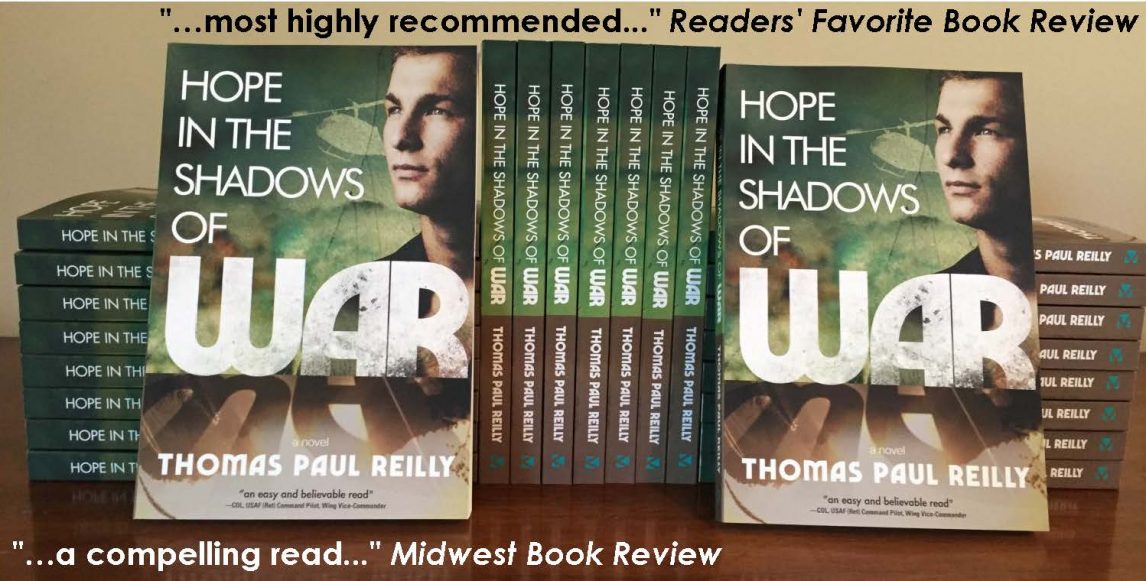 By Tom Reilly
By Tom Reilly
Homer’s epic poem, The Odyssey, chronicles the journey home of the Trojan War hero, Odysseus. Odysseus encountered angry and spiteful gods, natural disasters, monsters, temptresses, sloth, and even a brief visit to the underworld. While this was happening, suitors in his home town, Ithaca, relentlessly pursued his wife. His ten-year odyssey to get home tested the limits of his strength and perseverance. It is a tense and challenging story. Most Vietnam Veterans can identify with these challenges but would claim that Odysseus was a piker. It only took him ten years to get home. It has taken most Vietnam Veterans fifty years to get home.
The journey home for Vietnam Veterans was filled with unique challenges that other warriors did not face—alienation and a profound sense of unfinished business. Alienation described the estrangement from their country that Vietnam Veterans felt. They returned to a nation that hated the war and despised the warriors. Returning veterans quickly shed their uniforms, hoping to put the war behind them. No parades. No welcome homes. No recognition from a grateful nation. They were greeted with rejection for answering the call of duty. This isolation shadowed them for decades.
Though Vietnam Veterans finished their personal tours, the war continued. Many brought home a sense of unfinished business; the war raged and they left behind their friends. These two loose ends haunted returning Veterans. In violated their code, “Leave no man behind.” That their friends were still fighting the war contributed to the survivors’ guilt that many returning Veterans felt. They made it home. Their friends hadn’t, yet. Some never made it home alive. Vietnam Veterans lived with the haunting memory that they were never permitted to finish the job for which they were trained. Politics got in the way.
Most Vietnam Veterans had little choice but to get on with their lives. Some returned to school, others got jobs, married, had families, and pursued careers. Then, they retired with plenty of time to think about their lives. In these twilight years, they finally processed what they had experienced. They paused, took a deep breath and said, “Wow, what an experience! In spite of it all, it was an honor to serve.”
Tom Reilly is the author of the book Hope in The Shadows of War (Koehler Books, 2018).


